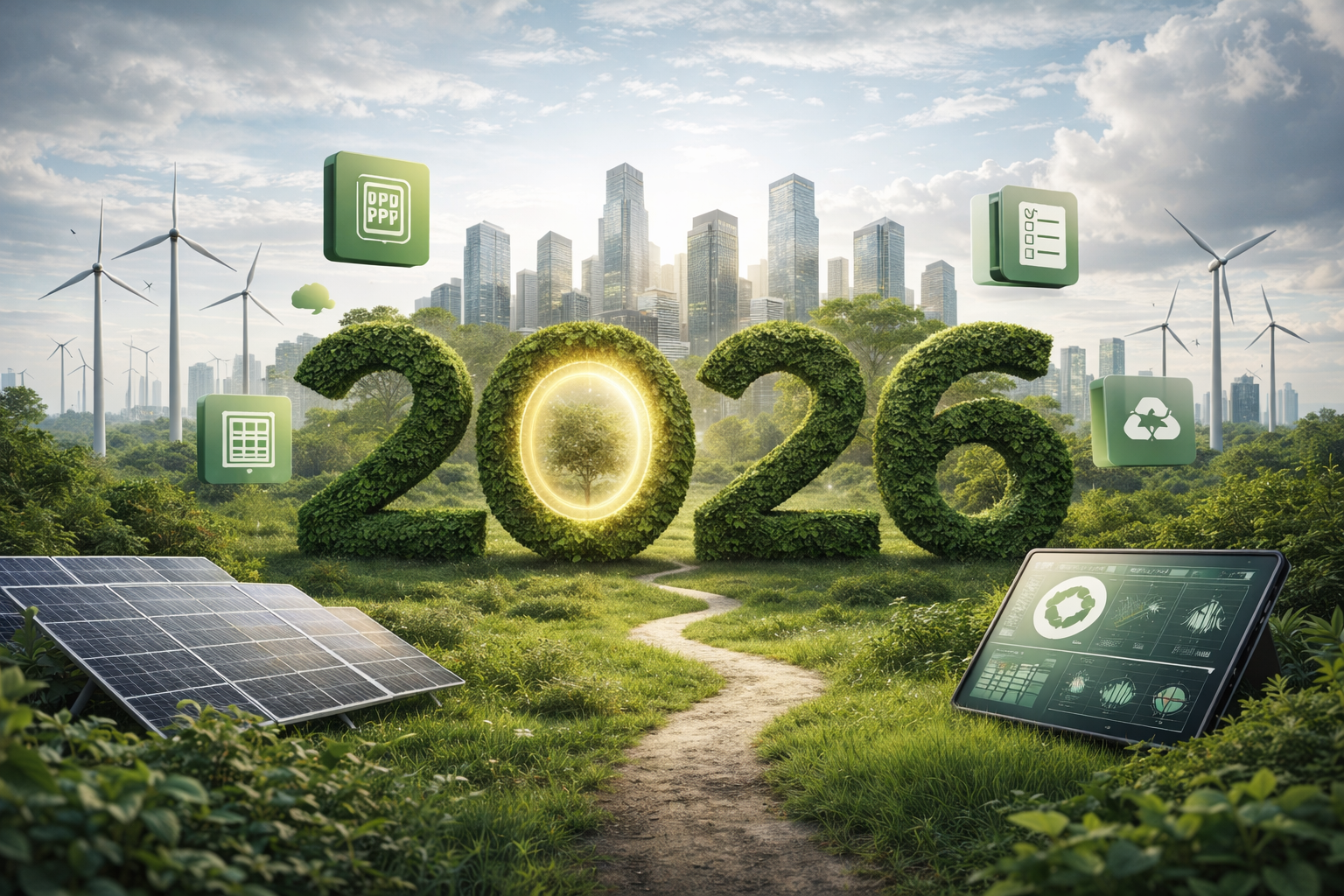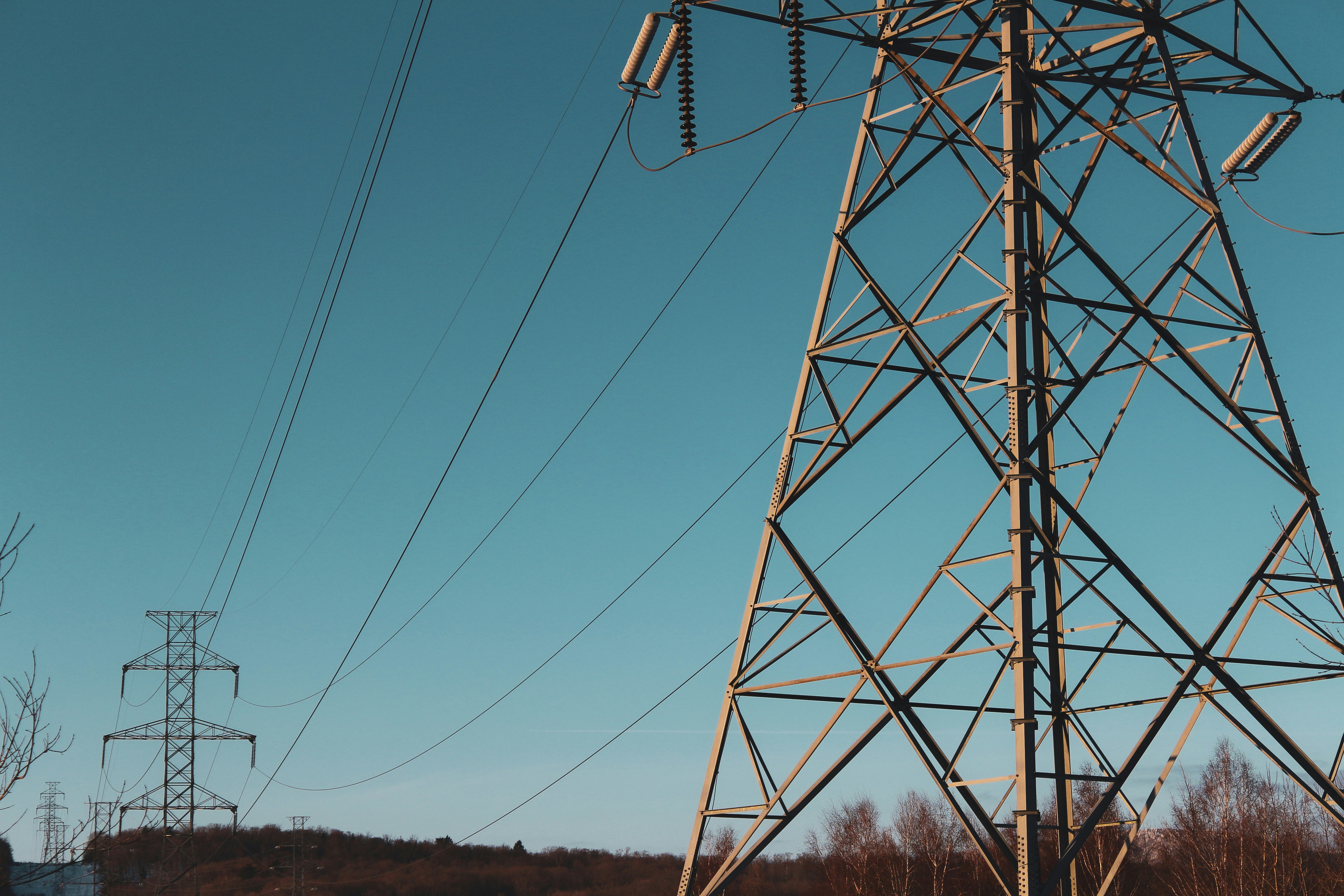Selling your Surplus Business Energy: SEG or Export PPA?

As more businesses invest in self-generation assets like rooftop solar panels or wind turbines, many are hitting a new milestone: producing more renewable energy than they consume. This surplus electricity is no longer just a by-product - it has become a strategic asset that can generate revenue.
The question is no longer if you can sell your surplus energy - it’s how to do it most effectively. In the UK, that choice often comes down to two routes: the Smart Export Guarantee (SEG) or Export Power Purchase Agreements (PPAs).
To determine the optimal approach for your business, it’s important to understand the key differences between a SEG and Export PPA. Read on to learn more so you can see which approach best fits your business.
Smart Export Guarantee (SEG)
The SEG is a government-backed scheme that pays businesses for surplus renewable electricity exported to the grid. It’s available to businesses in England, Scotland, and Wales using qualifying technologies such as solar panels or wind turbines up to 5MW.
Payments are made by your energy supplier based on the energy you actually export. Rates vary between suppliers and can fluctuate over time, giving you flexibility but less pricing certainty. SEG agreements are short-term, so you can switch suppliers or tariffs as your organisation's needs change.
Signing up for a SEG tariff is straightforward. You simply register with a supplier offering the scheme, making it a practical option for businesses seeking a simple, low-commitment way to earn from renewable energy.
Export Power Purchase Agreements (PPAs)
Export PPAs are contractual agreements with an energy buyer or supplier to sell surplus energy. They suit businesses producing larger volumes of electricity and often include specific eligibility requirements from the offtaker.
Export PPAs offer pricing certainty through negotiated fixed or market-linked rates, providing predictable revenue over the contract term. Typically, these agreements last between five and twenty years, allowing businesses to plan budgets and optimise returns from their assets.
The process for a PPA involves negotiation with the buyer to tailor terms to your business goals. While more legally and administratively complex than an SEG, an Export PPA can offer long-term financial stability and support broader energy strategies.
Final Thoughts
Amidst the transition to cleaner energy, the choice between a SEG and an Export PPA reflects a broader strategic question: prioritise flexibility or secure long-term certainty.
A clear understanding of market dynamics, contract structures and supplier options can help your organisation navigate these decisions, ensuring renewable energy investments deliver meaningful value today and resilience for tomorrow.
Need help deciding? Big Energy Group can provide direct comparisons of SEG tariffs and Export PPAs across multiple suppliers. Call us on +44 (0)1423 225 333 or email hello@bigenergygroup.co.uk for no-cost advice for your business.
About Big Energy Group
Big Energy Group is a privately held, British-owned energy brokerage with an established track record of helping clients successfully navigate the energy market. The company has offices in Harrogate and the Tees Valley and serves more than 500 businesses across the UK. For more information, please visit bigenergygroup.co.uk.



.jpg)